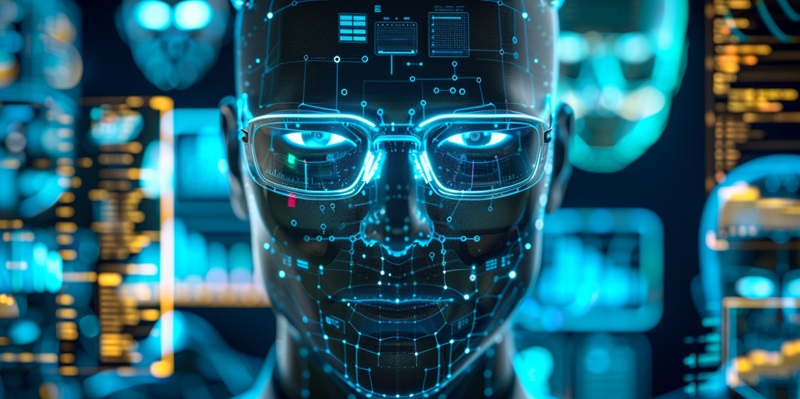Wishpond Technologies has launched SalesCloser AI, an innovative “Virtual AI Representative,” aimed at revolutionizing the sales landscape. This advanced AI platform can conduct conversations with prospects, mimicking a human sales representative. Its distinctive capability allows it to handle the sales cycle end-to-end, including real-time presentations through meeting app integration.
SalesCloser AI is engineered to be fed with a company’s unique knowledge base, enabling it to operate as a fully autonomous sales agent. This development could greatly reduce hiring expenses and enable businesses to scale their sales operations seamlessly. The AI’s utility extends beyond sales—it has applications in customer service, onboarding, market research, and translation as well. With such technology, Wishpond is positioning itself at the forefront of sales and marketing efficiency.
Revolutionizing Sales with AI Technology
In its beta phase, SalesCloser AI garnered praise for enhancing lead qualification and providing consistent engagement. Its multilingual support for ten languages positions it as a transformative force for global businesses, especially those with cross-border operations. Kevin Ho from SalesCloser highlights its effectiveness within Wishpond, foreshadowing its potential enterprise-wide impact.
A notable testimonial from the insurance industry applauds SalesCloser AI for significantly boosting efficiency and scalability. This continuously operating AI signifies a leap forward, emblematic of the digital evolution unfolding in business practices. In an era where companies strive to innovate their sales methodologies, SalesCloser AI stands out as a visionary asset, ready to redefine the landscape of modern sales strategies and propel business growth in the present and beyond.

